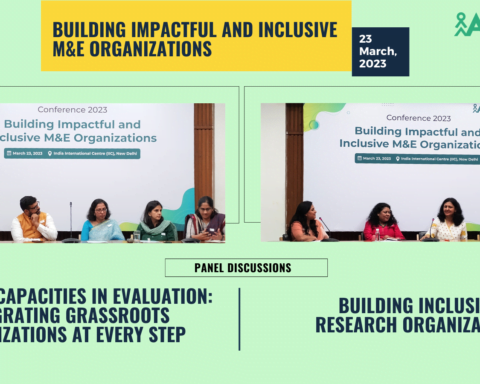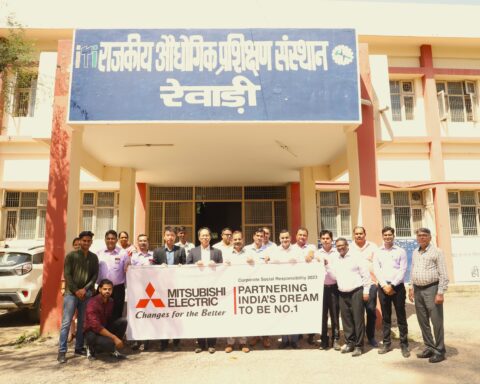Poverty is possibly the biggest bane of any society and the Afghanistan poverty risk is one that has galvanised many countries of the world into action. While the European Union has set up aid centres from culturally rich Uzbekistan near the region, Russia is also in the midst of sending out plenty of aid to the tune of 108 humanitarian assistance. While 36 tonnes of this aid has already arrived in Kabul, the UN migration agency is not sure if this will mitigate the larger risk that is staring the region straight in the face – Afghanistan could slip into major poverty by mid 2022.
The larger issue is that of social instability which has become rampant in the region. Whether it is the crisis of the IS-K fast approaching and spreading its tentacles over the region’s borders, or the lack of inclusion to prevent conflict; there has been a widespread loss of solutions when it comes to dealing with the issues. Poland too is still to make sense of arrangements to help in giving a new lease of life to the hundreds of Afghan refugees who have landed at its borders and are stranded because the European nation is not equipped to handle and accommodate their numbers.
The main issue is that poverty stems from social instability when normal activities like education and welfare are stalled. This leads to a lack of inclusion which makes the situation even more volatile. With the debt that the country is looking at, along with the misrepresentation of groups like women in education and various sectors, there is also a dearth of capabilities. This has led to a dysfunctional economy where a number of ills like poverty would have to rear its ugly head. This has also led to desperate measures like child marriages to earn a dowry at least.





























